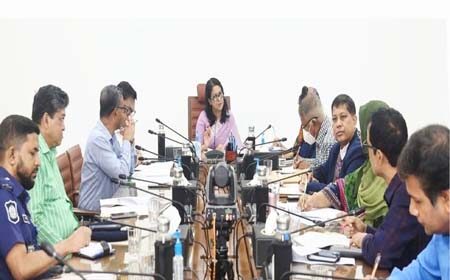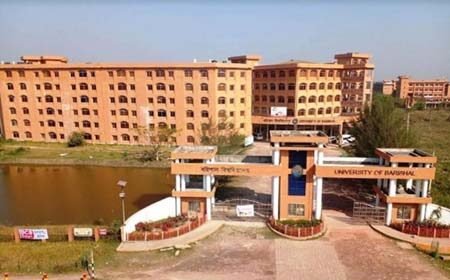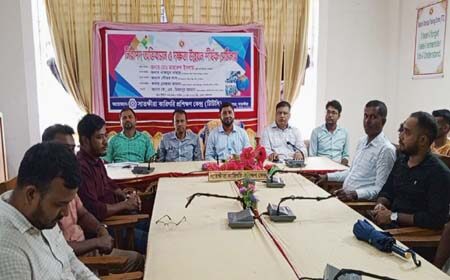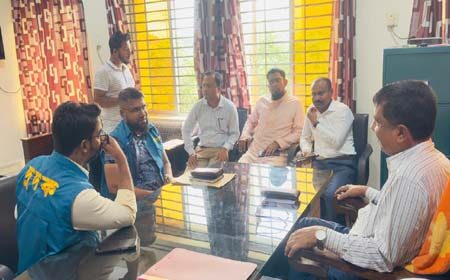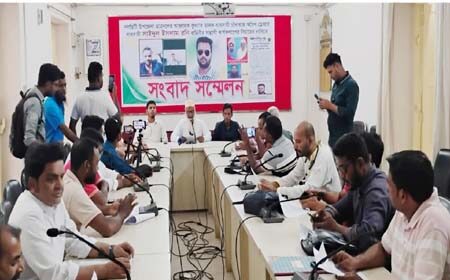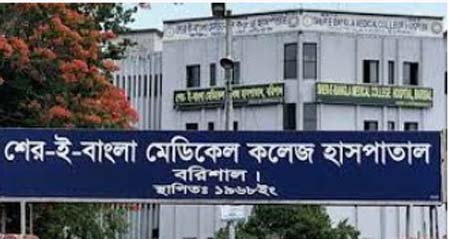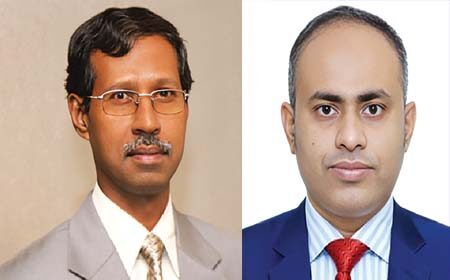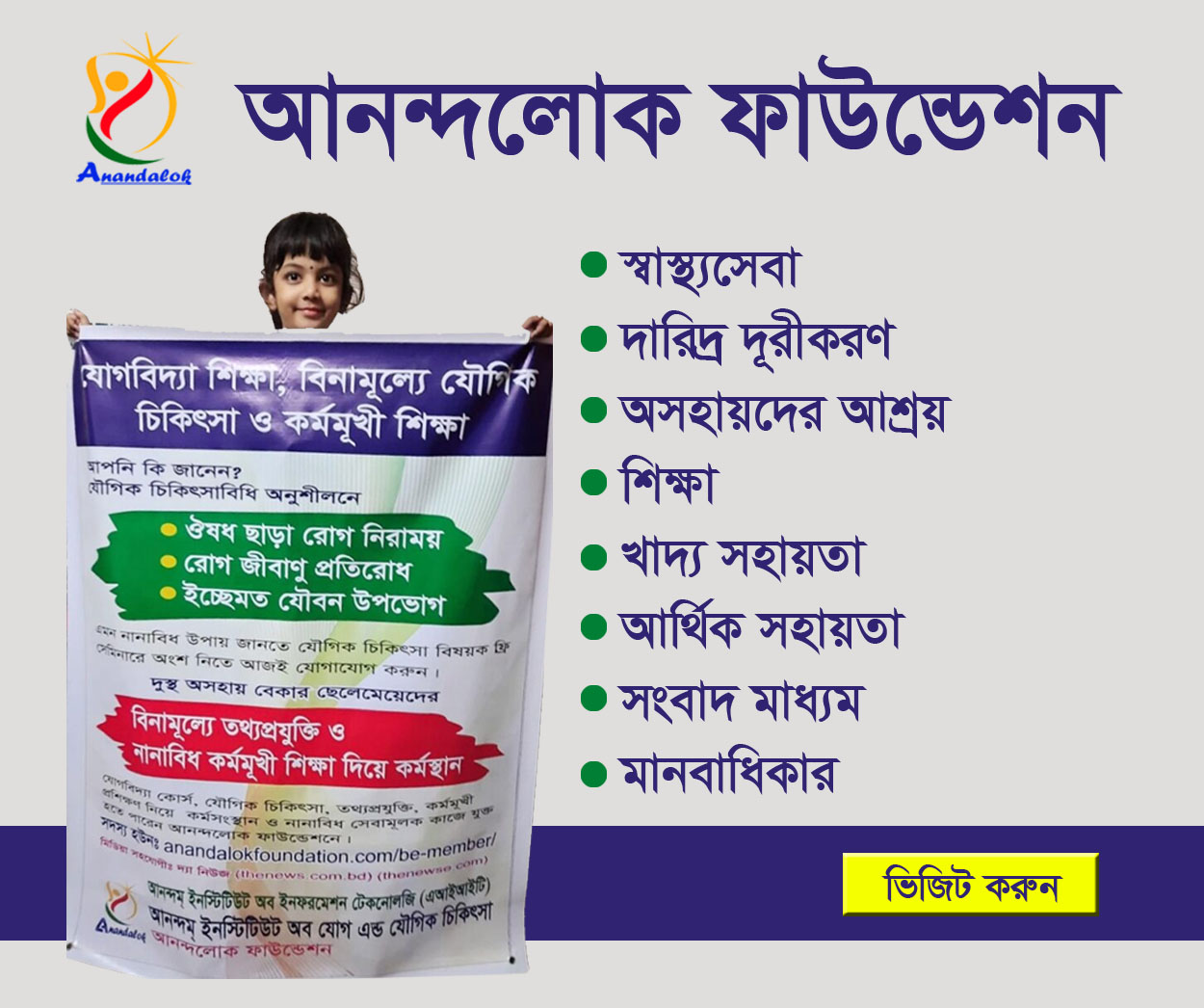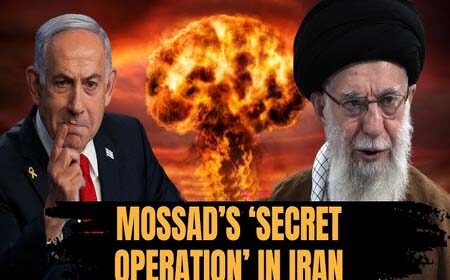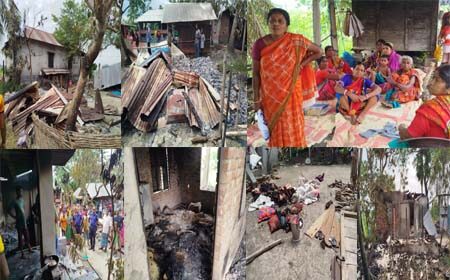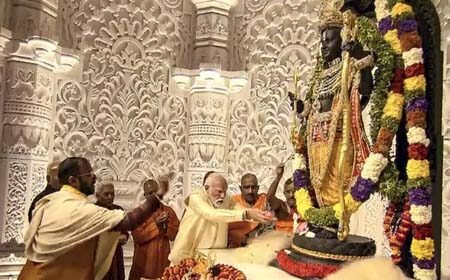Hindu nationalists incessantly tweet their support and admiration for Israel, an online force that helped push Prime Minister Narendra Modi to a landslide victory in 2014
In New Delhi, Anshul Saxena spends three to four hours a day on Israel.
The 26-year-old gathers information from right-wing websites, blogs, Wikipedia, the American Jewish Committee website and India-Israel friendship forums. He has set up alerts to be notified of any India-Israel news, and tries to tweet about Israel every day.
Back in November, he announced a celebration party when he first heard that Netanyahu would be visiting. Sometimes, the tweets are about Israel in general and the lessons India can learn from it.
A few months earlier, in July, he wrote: “Israel revived its Hebrew, whose fate was similar to Sanskrit about 7 decades ago. India should learn from Israel, We can revive Sanskrit.”
Other times, he’s inspired by the news. Last month, he wrote, comparing Jerusalem to the northern Indian city where a 16th-century mosque was demolished by right-wing Hindu mobs 25 years ago: “India should shift embassy from Tel Aviv to #Jerusalem. And also recognize that Temple Mount belongs to the only Jewish people. What Ayodhya Ram Mandir to Hindus, same Temple Mount to Jews.”
The goal is to convince Indians that Israel is their country’s best friend. Saxena has nearly 70,000 followers (and won about 5,000 new followers within six hours of Netanyahus arrival on Sunday.) He is one of the 1,861 accounts followed by Indian Prime Minister Narendra Modi.
His tweet about Hebrew inspiring a revival of Sanskrit has been retweeted 1,275 times and liked 1,982 times. The ones about Netanyahu have been retweeted a few hundred times.
Saxena drafts his tweets on a Word document – sometimes hundreds on a given theme. “The first thing I try is to make them informative and not controversial or humorous,” he says. Then he forwards them to his friends – his core team of 50 people. On a group chat, they write their views and choose hashtags.
“There are groups on Twitter, WhatsApp, social media …. Each person has 500 to 1,000 people, some are in 100 to 200 groups,” he says. “Theyre all pro-Israeli as well. So … it keeps getting forwarded and circulated on social media.”
In the summer of 2015, when Modi announced plans to visit Israel, tens of thousands of people (both Israelis and Indians – largely Hindus – in India and the diaspora) celebrated India-Israel brotherhood, and condemned the Palestinians, Pakistanis and Muslims in general. There were flags, quotes and memes. #IndiaWithIsrael trended a second time within a few days when India abstained from a July vote against Israel at the UN refugee agency, the UNHCR.
Over the next two years, Saxena campaigned for #WorstIranDeal (Iran Nuclear Deal is not only Threat to our friend @Israel but for the whole World, he tweeted), and #IndiaAgainstPalestinianTerror (I started it in the evening, but it failed, so I started again the next day, only then did it become successful).




